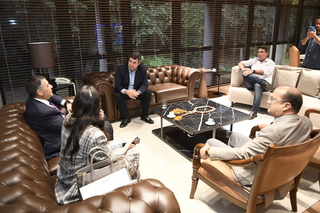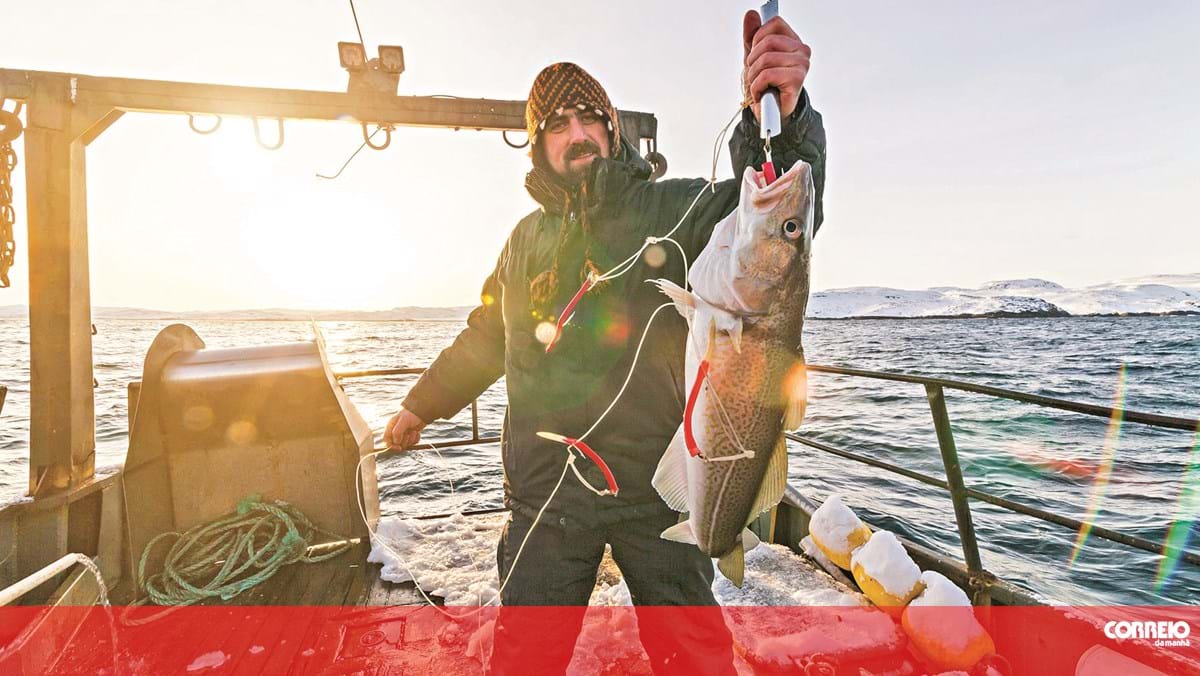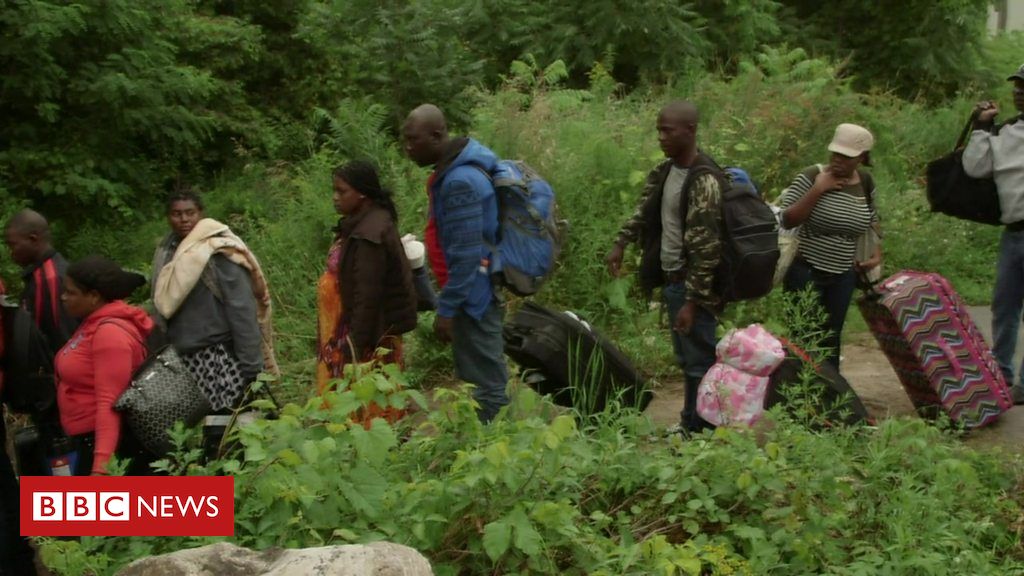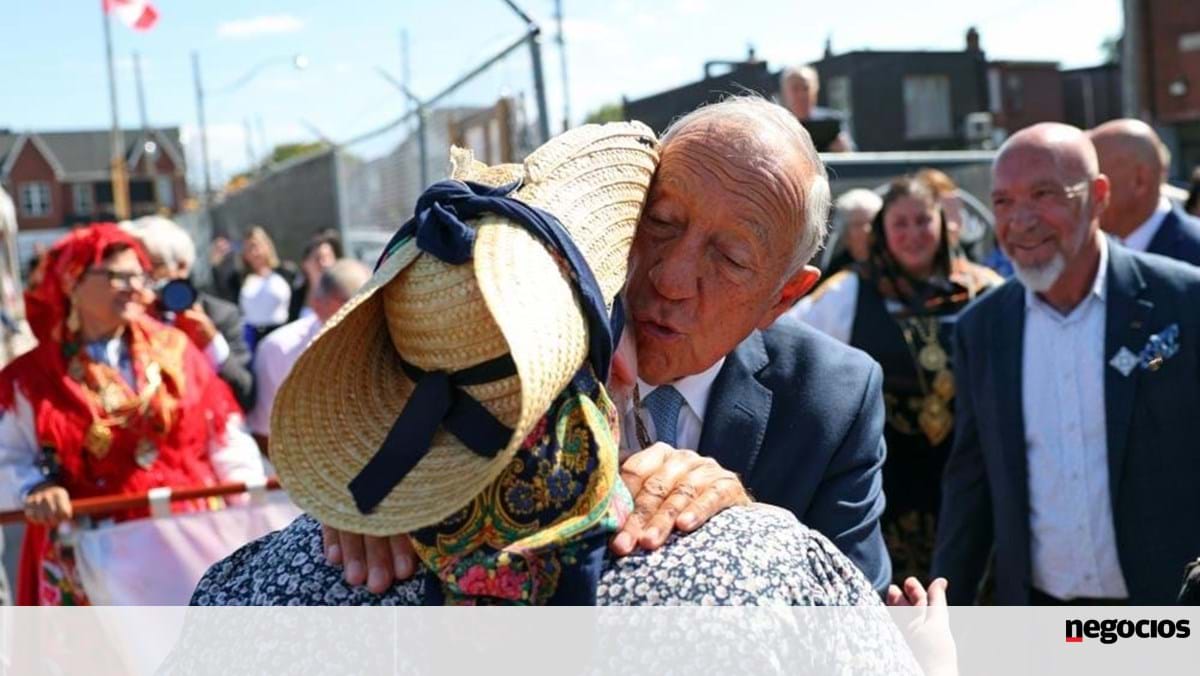In Canada, the discoveries of remains and graves of Aboriginal children in former schools and boarding schools have shocked the population. They were found in the provinces of British Columbia and Saskatchewan, but these types of boarding schools also existed in other parts of the country, suggesting that there may be other painful findings.
In Canada, the discoveries of remains and graves of Aboriginal children in former schools and boarding schools have shocked the population. They were found in the provinces of British Columbia and Saskatchewan, but these types of boarding schools also existed in other parts of the country, suggesting that there may be other painful findings.
Diana Gonzalez, RFI correspondent in Montreal
About 150,000 boys and girls were sent to boarding schools – the boarding schools – for indigenous peoples from the late 19th century to the end of the 20th century.
“I stayed here for 10 years. [retirados de nossas famílias] at 7 or 8 years old. Evelyn reports to RFI who was forcibly separated from her family and taken to school Kamloops in British Columbia, in the west of the country. The remains of 215 indigenous children were found near this former school in late May.
“This discovery sheds some kind of light on how we were treated, [mas] that’s just part of it,” says Evelyn.
The Truth and Reconciliation Commission estimates that at least 6,000 children died in the residential system, many from malnutrition, others from disease. The intent of these schools was to commit “cultural genocide,” according to the Commission.
The Catholic Church ran more than half of these boarding schools.
In June of this year, 751 unnamed graves were discovered in Saskatchewan and another 182 in British Columbia. These discoveries have caused a stir in the country and opened wounds that many who attended the old schools have still not been able to heal.
The Canadian government has recognized that the consequences of the Indian residential school system were profoundly negative and had a lasting and detrimental impact on the community. He also apologized to survivors and their families for what happened at these locations.
“It’s shameful that children have died because of the residential school policy,” said Canadian Prime Minister Justin Trudeau.
In December, Canada’s Indigenous leaders will have an audience with Pope Francis, who will be asked to issue a formal apology for the role the Roman Catholic Church played in running the Canadian residential schools that Indigenous children were forced to attend. , and from which many never returned.
Canada appoints its first Indigenous Governor General
The Canadian government appointed on Tuesday (6), native Mary Simon as first Governor Generaland Queen Elizabeth II’s official representative in the Commonwealth country as the nation grapples with its troubled colonial history.
“Today, after 154 years, our country reaches a historic milestone,” Prime Minister Justin Trudeau said at a press conference. “I can’t think of a better person to face this moment,” he said.
A former journalist and defender of Inuit indigenous rights, Simon previously served as president of the Inuit organization Tapiriit Kanatami.
She also chaired the Inuit Circumpolar Conference, which represents Inuit people from all Arctic countries, as Canada’s first Inuit ambassador to Denmark.
His appointment as representative of the viceroyalty, responsible for giving royal consent or carrying out acts passed by Parliament, and head of the Canadian Armed Forces, comes at a difficult time in the country’s relations with the so-called First Nations. Indigenous nations.
recognize the past
Born in 1947 in Kuujjuaq, a small village on the coast of Ungava Bay, Simon attended a day school similar to the controversial residential schools.
“We must fully recognize and remember the atrocities of our collective past, from which we learn more every day,” Simon told reporters.
One of his first official duties could be to dissolve parliament and call a snap election in September, as Trudeau’s minority Liberal government increasingly clashes with opposition parties.
Simon replaces Trudeau’s first candidate for the job, former astronaut Julie Payette, who resigned in January following allegations of harassment and misconduct; a report blamed him for “shouting, aggressive behavior, degrading remarks and public humiliation”.
Payette’s sudden departure has reignited the debate over the role of the monarchy in Canada. The latest polls show that just over half of those questioned are in favor of abolishing the post of governor general.
Simon, who is fluent in English and Inuktitut (Canada’s main Inuit language), said he hopes to unite all Canadians “to understand our unique histories, our unique culture and our way of life.”
“At this time, I hope all Canadians feel included because my appointment reflects our collective progress towards building a more inclusive, just and equitable society,” she said.
(with AFP)

“Pop culture fan. Coffee expert. Bacon nerd. Infuriatingly humble communicator. Friendly gamer.”


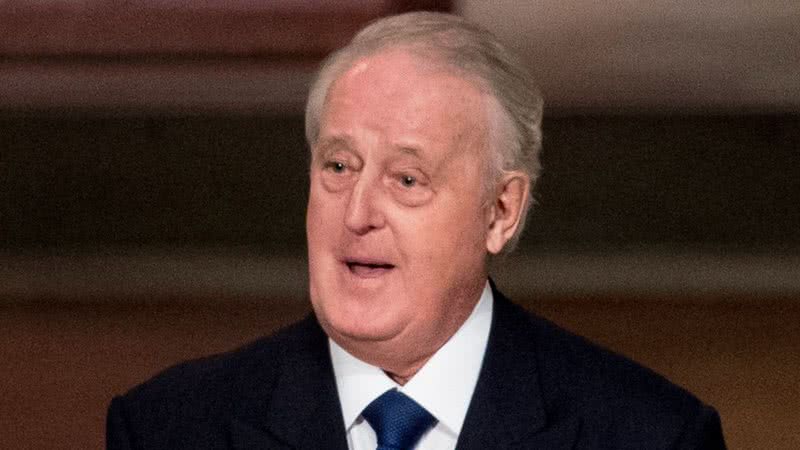
:strip_icc()/s02.video.glbimg.com/x720/11852909.jpg)
